The logistics industry is undergoing a significant transformation, driven by the need for efficiency and sustainability. Among the most innovative solutions emerging from this shift are Shipping and Storage Containers, which are increasingly being repurposed beyond their traditional uses. According to a report by IBISWorld, the global logistics sector is projected to reach $15.5 trillion by 2023, highlighting the importance of optimizing every aspect of the supply chain. Shipping and Storage Containers present unique opportunities for businesses to enhance operational efficiency, reduce costs, and minimize their carbon footprint. For instance, research from the World Economic Forum indicates that using repurposed containers can lead to a 30% reduction in transportation costs, while also promoting sustainable practices.
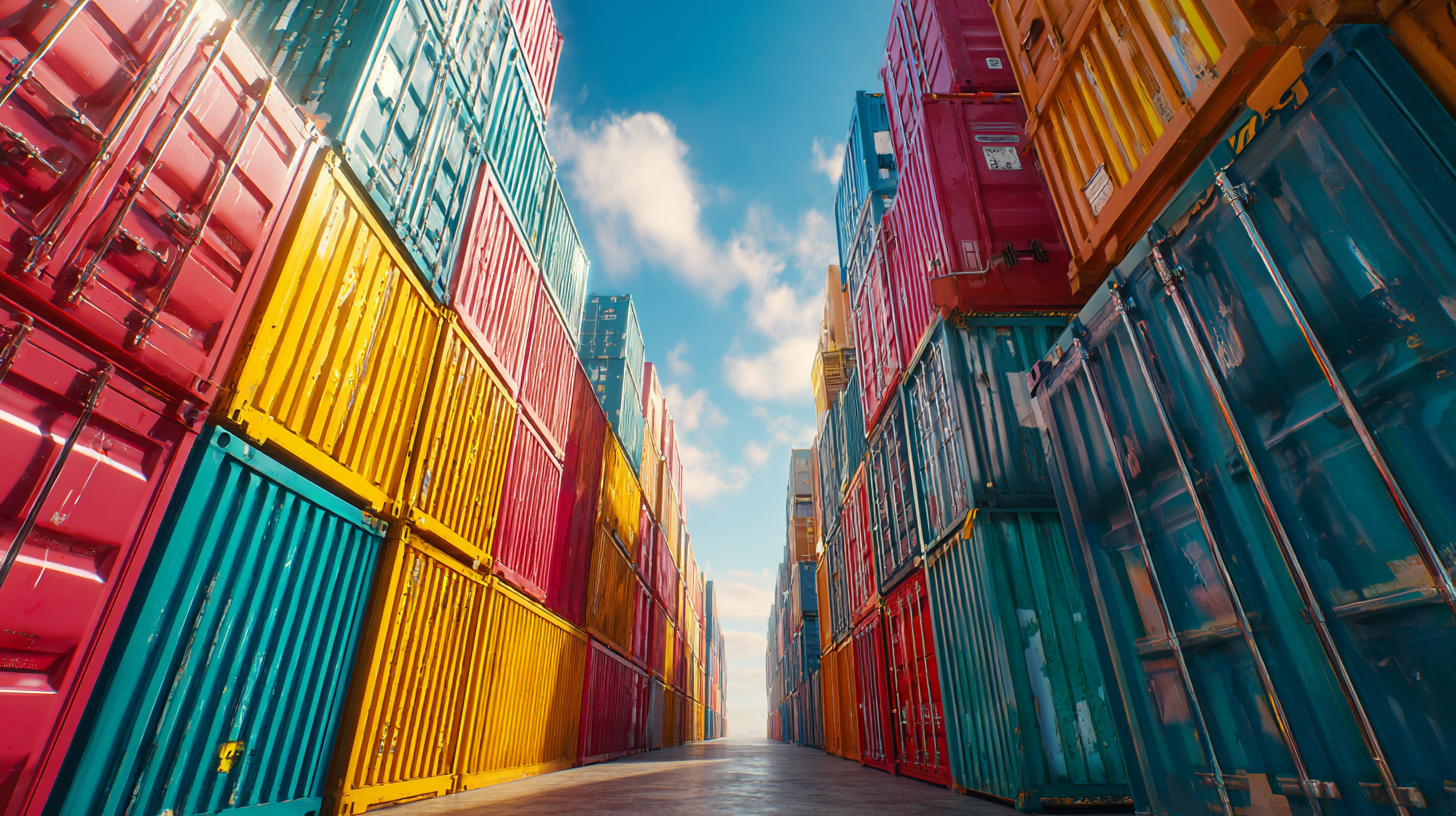
This article explores the various innovative applications of these containers in modern logistics, illustrating how they can be a game-changer for businesses aiming to maximize efficiency and adapt to evolving market demands.
Innovative modifications to shipping and storage containers are revolutionizing modern logistics by providing efficient and sustainable solutions. The integration of advanced materials and approaches, such as phase change materials (PCMs) and modified atmosphere packaging (MAP), enhances the functionality of traditional storage systems. For instance, the utilization of PCMs in food storage is a promising advancement, optimizing temperature control during transportation and reducing spoilage. Similarly, MAP technology has been successfully applied to extend the shelf life of various perishable goods by replacing the atmosphere inside packaging with a gas composition that preserves freshness.
Additionally, the rise of repurposed shipping containers offers versatile uses beyond mere transportation. These containers are being creatively transformed into sustainable housing, pop-up retail spaces, and event storage solutions. Such modifications not only address space shortages but also promote eco-friendly practices. Features like open side design allow for easy access and loading, meeting the demands of modern logistics while adhering to sustainability goals. As container innovation continues to evolve, it plays a crucial role in shaping an efficient and sustainable future for logistics and storage solutions.
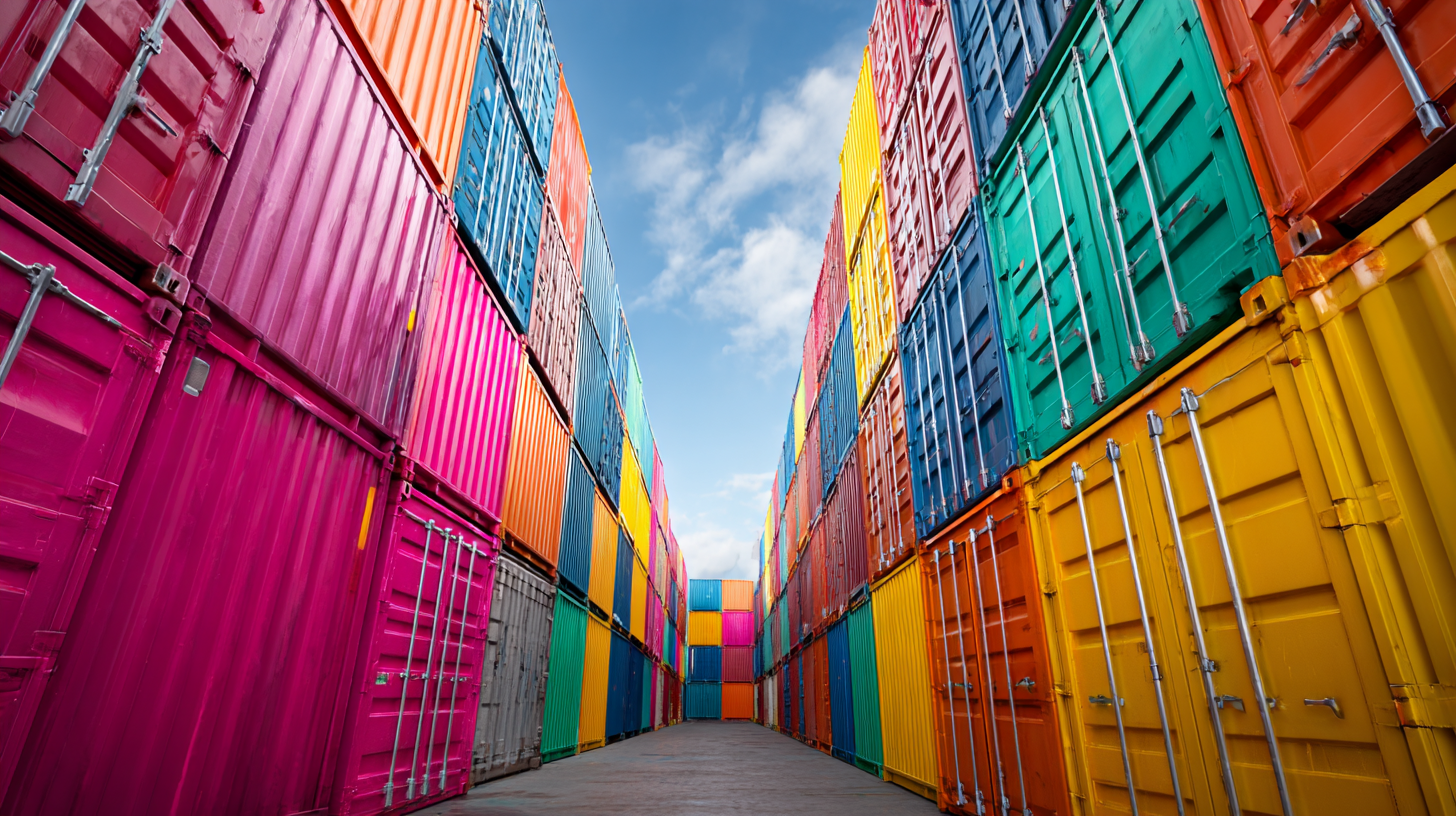 Innovative logistics solutions are increasingly focused on leveraging smart technology for the monitoring and management of shipping and storage containers. The integration of Internet of Things (IoT) devices within these containers allows for real-time tracking of shipments, ensuring optimal conditions for sensitive cargo and reducing the risk of loss or damage. This technological advancement is essential for creating a more efficient supply chain, especially as global logistics demand continues to rise.
Innovative logistics solutions are increasingly focused on leveraging smart technology for the monitoring and management of shipping and storage containers. The integration of Internet of Things (IoT) devices within these containers allows for real-time tracking of shipments, ensuring optimal conditions for sensitive cargo and reducing the risk of loss or damage. This technological advancement is essential for creating a more efficient supply chain, especially as global logistics demand continues to rise.
Tips: To maximize the benefits of smart containers, companies should invest in robust data analytics platforms that can interpret the data collected from IoT devices. This way, businesses can make informed decisions based on trends and insights, ultimately improving operational efficiency.
Furthermore, the increasing importance of sustainability in logistics can be addressed through the use of smart containers. By monitoring energy consumption and emissions in real-time, businesses can not only enhance their operational practices but also contribute positively to their sustainability goals. Collaborating with technology partners to develop smart container solutions can help businesses stay competitive in the rapidly evolving logistics landscape.
The logistics industry is increasingly recognizing the importance of sustainable practices, particularly the innovative use of shipping and storage containers. According to the World Economic Forum, the shipping sector accounts for nearly 3% of global greenhouse gas emissions. By repurposing these containers, companies can not only reduce waste but also optimize their operational efficiency. For instance, converting shipping containers into portable storage solutions minimizes the need for traditional building materials, which often have a high environmental impact.
Tip: When utilizing shipping containers, consider retrofitting them with insulation and solar panels to enhance energy efficiency and reduce reliance on non-renewable energy sources.
Additionally, a recent report from the European Environment Agency highlights that the circular economy can significantly lower emissions, with an estimated reduction of up to 70% in waste generation. Companies adopting eco-friendly container usage, such as converting containers into temporary housing or mobile offices, are contributing to this circular economy by extending the life cycle of materials and minimizing disposal.
Tip: Explore partnerships with local businesses to create a network for container recycling and shared usage, ensuring that containers are utilized to their fullest potential while minimizing waste.
Innovative designs for shipping and storage containers are revolutionizing the logistics sector, allowing for a more versatile approach to transportation needs. The emergence of multi-functional container designs has paved the way for greater adaptability, enabling containers to serve various purposes beyond their traditional uses. For instance, mobile offices, pop-up retail spaces, and even emergency shelters are just a few examples of how shipping containers are being reimagined to meet diverse requirements in dynamic environments.

Furthermore, these multi-functional containers can be tailored to support specific logistics challenges, such as temperature control for perishables or secure storage for high-value goods. With enhanced structural integrity and customizable features, modern containers are equipped to handle a wide range of goods safely and efficiently. This innovation not only maximizes space utilization in transportation but also reduces costs and minimizes environmental impact by promoting sustainable transport practices, positioning these versatile designs at the forefront of modern logistics solutions.
Repurposing old shipping containers offers a cost-effective solution for enhancing logistics efficiency in supply chains. These containers, originally designed for transportation, can be transformed into versatile storage units or even mobile offices. By reusing these structures, businesses can minimize their capital expenditure while maximizing their storage capacity. The adaptability of shipping containers allows companies to modify them according to their specific needs, such as creating climate-controlled environments for sensitive goods.
Beyond storage, repurposed containers can serve as pop-up retail spaces, workshops, or temporary offices, thus creating a multifunctional approach to logistics. This innovation not only reduces waste by giving new life to used containers but also facilitates quick setup in various locations, which is crucial for businesses that require flexibility in their operations. Implementing these strategies can significantly streamline processes and reduce costs, ultimately leading to a more sustainable and efficient supply chain.
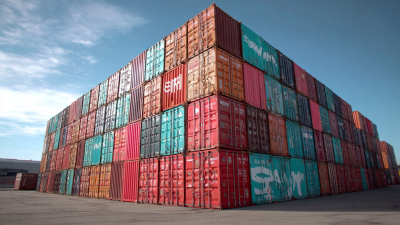
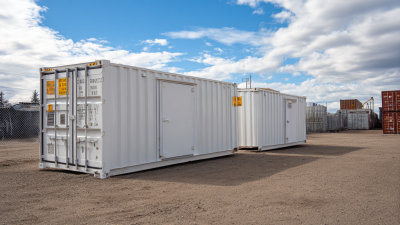
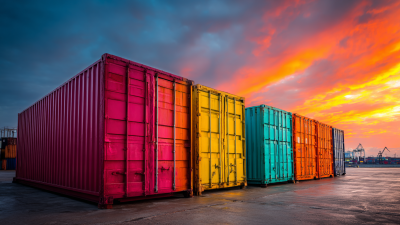



Rob was always very honest and upfront about everything and took the time to explain everything I needed.
“highly recommended. They provided us with a great storage container with ontime services.”
“Bought a used container, its perfect, no leaks and in good condition.”
“Good service and prompt delivery. A great option for temporary storage at a decent price.”
Join our mailing list to get the latest storage container inventory and offers